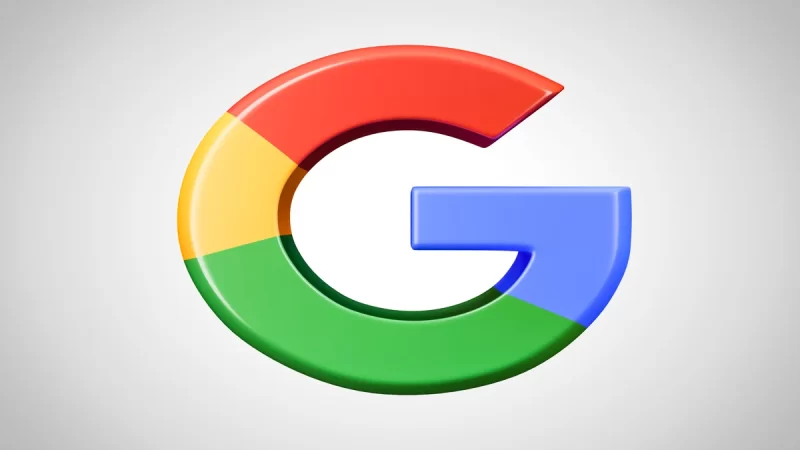Google’s New Search Ads: Your AI Assistant on the Search Results Page!

Google is constantly innovating to make your online search experience smoother, more efficient, and more tailored to your needs. Now, imagine having a personal AI assistant right on the search results page, ready to help you find what you’re looking for faster than ever before. Well, with Google’s new Search Ads featuring AI assistants, that’s exactly what you get!
What are AI Assistants in Search Ads?
Think of AI assistants in Search Ads as your virtual helpers, designed to understand your search intent and provide relevant information or assistance directly within the search results page. These AI assistants leverage advanced machine learning algorithms to comprehend the context of your query and offer personalized recommendations or solutions in real-time.
How Do AI Assistants Enhance Your Search Experience?
Imagine you’re searching for a new smartphone. Instead of scrolling through countless links and pages, Google’s AI assistant in the search ad can analyze your query and instantly display a curated selection of top-rated smartphones, complete with key features, prices, and user reviews. It’s like having a knowledgeable friend who knows exactly what you’re looking for and presents it to you right when you need it.
Personalized Recommendations at Your Fingertips
Whether you’re shopping for clothes, planning a vacation, or researching the latest tech gadgets, Google’s AI assistants can provide personalized recommendations tailored to your preferences and interests. By analyzing your search history, location, and other relevant data points, these assistants can suggest products, services, or information that align with your specific needs, saving you time and effort.
Real-Time Assistance for Complex Queries
Have you ever searched for something and felt overwhelmed by the sheer volume of information available? With AI assistants in Search Ads, you can get real-time assistance for complex queries, helping you navigate through vast amounts of data with ease. Whether you’re researching a medical condition, troubleshooting a technical issue, or exploring a new topic, these assistants can offer insights, explanations, and relevant resources to guide you in the right direction.
Enhanced Interactivity and Engagement
Traditional search ads often provide static information, leaving users to navigate away from the search results page to find more details. With AI assistants embedded in search ads, users can interact directly with the content, exploring additional information, comparing products, or even initiating actions such as making reservations or placing orders, all without leaving the search results page. This enhanced interactivity not only streamlines the user experience but also encourages deeper engagement with the advertised content.
Ensuring Relevance and User Privacy
While AI assistants in Search Ads offer personalized assistance, Google remains committed to safeguarding user privacy and ensuring the relevance of ad content. These assistants operate within strict privacy guidelines, respecting user preferences and data protection regulations. Additionally, Google continuously refines its algorithms to deliver more accurate and contextually relevant recommendations, enhancing the overall search experience while maintaining user trust and transparency.
Empowering Users with Intelligent Search Experiences
In summary, Google’s new Search Ads featuring AI assistants represent a significant evolution in the way users interact with search results. By harnessing the power of artificial intelligence, these assistants provide personalized recommendations, real-time assistance, and enhanced interactivity, all aimed at making your search experience smarter, faster, and more intuitive. Whether you’re shopping, researching, or simply exploring the web, Google’s AI assistants are here to help you find what you need with ease and efficiency.
FAQs about Google’s New Search Ads with AI Assistants:
AI assistants in Google’s Search Ads are virtual helpers powered by advanced machine learning algorithms. They analyze users’ search queries and provide personalized recommendations, information, or assistance directly within the search results page.
AI assistants enhance the search experience by offering personalized recommendations, real-time assistance for complex queries, and enhanced interactivity with ad content. They help users find relevant information faster and engage more deeply with the search results.
Yes, AI assistants in Search Ads are designed to be personalized based on users’ preferences, interests, and search history. They analyze relevant data points to offer recommendations and assistance that align with each user’s specific needs.
Google prioritizes user privacy and data protection. AI assistants in Search Ads operate within strict privacy guidelines, respecting user preferences and adhering to data protection regulations. Users have control over their privacy settings and can manage their data preferences accordingly.
Yes, AI assistants are equipped to provide real-time assistance for complex queries, helping users navigate through vast amounts of information with ease. Whether users are researching a topic, troubleshooting an issue, or seeking recommendations, AI assistants can offer insights and resources to guide them.







